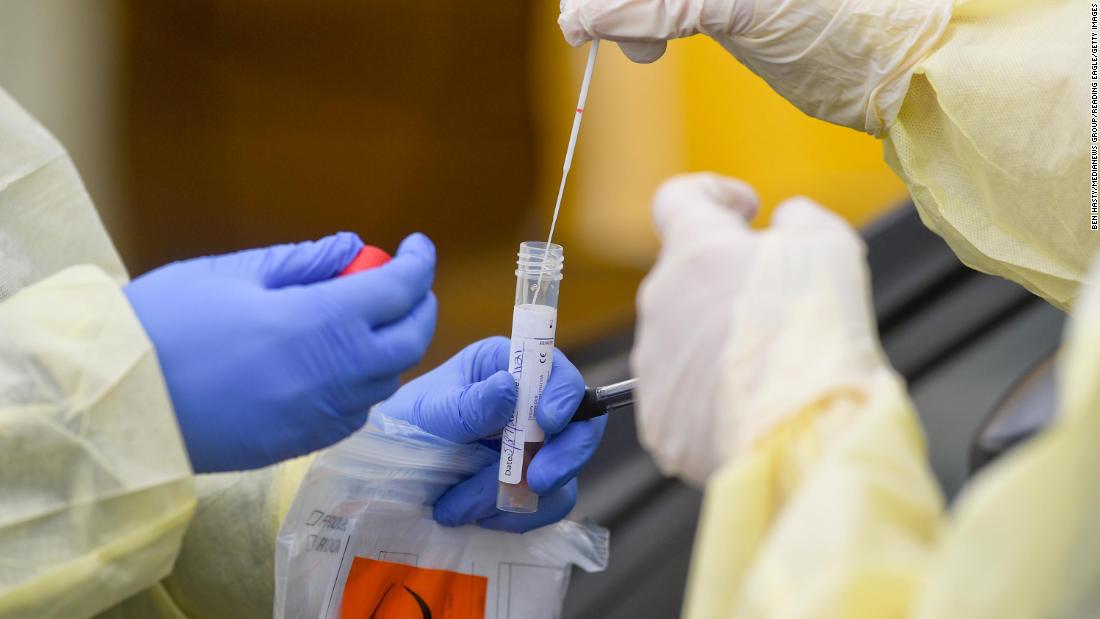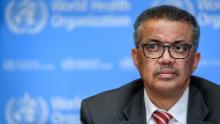[ad_1]
Whereas Covid-19 was a natural threat, the ensuing global pandemic and disruptions to the economy and our social way of life is a human-made calamity. We had a duty to prevent Covid-19 as economically as possible and we failed to fulfil it.
Let’s face it, pandemic risk reduction was not a priority for the United States, or many other countries either, with an uneven focus on present-day patients rather than the prospectively sick. Pandemic risk reduction is a global public good, benefiting all countries. Reducing pandemic risk is a public service — a duty — which only governments, through the management and coordination of multifaceted sectors and local, national and global levels, can deliver.
National governments should anticipate and prepare for pandemic risks well in advance. The US and other countries have a duty of early detection, accurate diagnosis, and effective prevention and control of disease outbreak, both humanely and efficiently. Saving lives and safeguarding our economy are twin goals that are complementary, not contradictory, and the dichotomy some are presenting is a false one. Pandemic preparedness can have high economic returns.
I previously worked at the World Bank. I served as a health economist and then speechwriter to the World Bank president and led communications in the office of the president. Working at a development institution with a whole-of-society purview, it became clear that health risks are integrally linked to other types of risk, including our ability to work, to be educated and to engage socially with our friends and family.
Systematic economic shocks constitute shifts in demand and supply as well as social and economic disruption. Indeed, the Covid-19 pandemic is cascading across virtually every aspect of our lives; we have every possible reason to act humanely and efficiently.
Whole-of-society pandemic preparedness is a relatively low-cost set of activities that mitigates the high-cost impacts on human health, society and, yes, the economy.
What does cost-effective systemic resilience to pandemic impact look like? It’s multi-faceted and complex, of course, but select components of a rational and logical approach to health and the economy include the following:
First, we need scientifically-grounded risk assessments and response plans that are rigorously designed and tested. Governments should run intermittent simulations, honing and updating response plans accordingly.
Fourth, accountable and unified leadership at the highest levels — not just during crises, but between them — renders a country more prepared, resilient and ready to act swiftly and decisively.
Systematic prevention efforts will both reduce the risks of pandemics and produce considerable economic and health benefits.
[ad_2]
Source link



